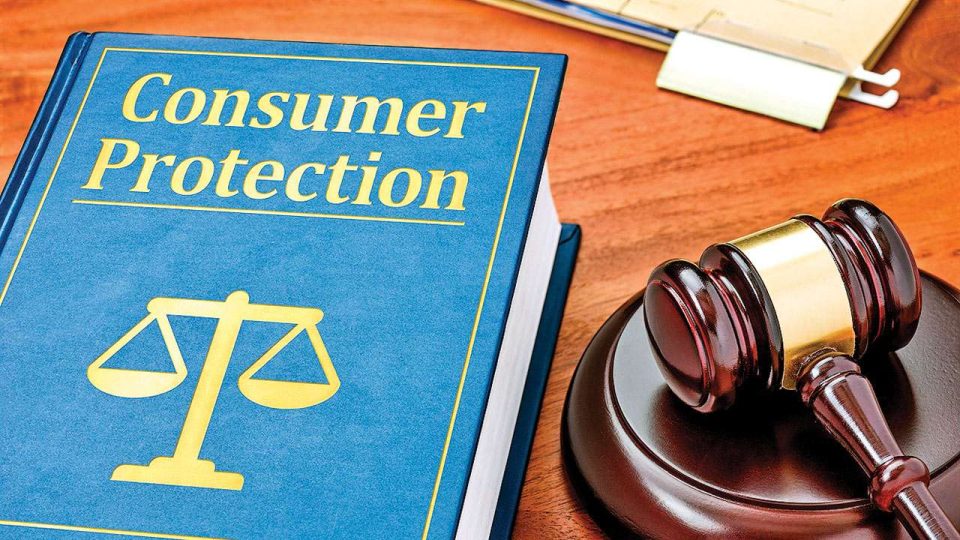In July 2020, the government created the Consumer Protection (E-Commerce) Rules, 2020 to regulate all goods and services bought or sold over digital or electronic networks including digital products and safeguard consumers’ interests.
Since then, the government has suggested several changes to the rules related to specific flash sales, paid reviews, fallback liability, grievance redressal mechanisms, and more. The proposals to change the rules have been discussed within closed group sessions organised by the Ministry of Consumer Affairs.
These proposed changes include making a clear distinction between a marketplace and an inventory e-commerce entity, which refers to a business model in which the e-commerce platform itself holds and manages the inventory of products it sells.
Moreover, it is proposed that related parties and associated entities should not be permitted to sell on both foreign and domestic platforms to make a level-playing field for logistics service providers, payment gateways, and other services to access e-commerce businesses.
The goal of this amendment is to encourage e-commerce businesses to offer consumers unbundled options rather than advocating for certain logistics and payment methods, as was the case with the Open Network for Digital Commerce.
Transparency in the weights attributed to each parameter in determining the ranking of merchants on e-commerce platforms is another recommended modification to the e-commerce guidelines. Additionally, it is suggested that compliance with the recently released BIS standard IS 19000:2022 be mandated to safeguard consumers against fraudulent and misleading reviews in e-commerce.
The list of improvements also includes strengthening the consumer grievance redressal process with the hiring of a chief compliance officer, nodal contact, and grievance officer.
E-commerce entities may face a fallback liability, whereby they are liable to make good the consumers’ losses in case a seller fails to deliver goods. This clause is contentious and can significantly impact the growth of the e-commerce sector, particularly the micro, small and medium enterprise (MSME) sector.




